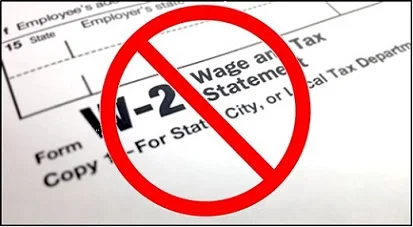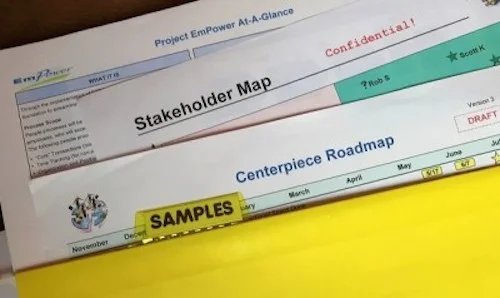Consulting is a people business. Clients hire people who are smart, proficient, affable, and trustworthy. You probably perceive yourself this way, but do others? When people see your LinkedIn photo, what do they think of you?
Research from Cornell University shows that a first impression from an online photo usually persists. We make judgments when we see a photo, usually unconsciously, and these perceptions stay with us even after we’ve met the person. This lasting impact is formed in about a tenth of a second. Obviously having a really good, professional photo matters, but other things affect someone’s impression. It’s the background, the hair, the eyes, the smile, the posture—literally dozens of details. So how can you be sure that the photo you are using online conveys the qualities you want?
Thanks to Photofeeler, you no longer have to guess or rely on friends and family for feedback, who by the way will be biased because they know and presumably like you. Use the Photofeeler website to upload your photo(s) and get anonymous feedback on how competent, likable, and influential you appear. It’s easy, affordable, fun, and quite interesting.
Read More





















